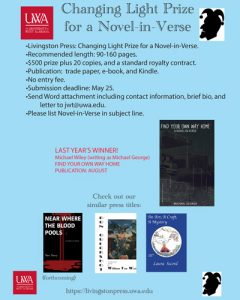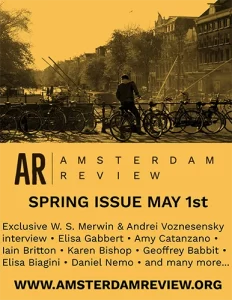Habitus – Spring/Summer 2007
Focus on Sarjaevo
Number 2
Spring/Summer 2007
Biannual
Miles Clark
Years ago, I was watching a newscast of a California wildfire. Eyewitness news brought me to a refugee shelter, where overfed mountain-people lounged on cots. The newscaster explained that a local Wal-Mart “had responded to the disaster by providing blankets, food, and videocassettes.” This last item shocked me. But did Sarjaevo, symbolic epicenter of modern ethnic cleansing, have the same problem? According to Jakob Finci, Jewish community leader, the city’s most urgent issue during the 1993-5 siege was not a lack of food or medicine, but of stimulation; cooped up indoors, people were, frankly, bored. Apparently Sarjaevans took to learning languages – “the optimists learn[ing] English, the pessimists learn[ing] Arabic.” Habitus, a new journal which takes Diasporic writing one city at a time, consistently discovers the details that separate stimulating journalism from mere recitations. A Korean cover band elicits municipal pride, an anonymous medieval manuscript becomes the nation’s most prized national treasure.
Years ago, I was watching a newscast of a California wildfire. Eyewitness news brought me to a refugee shelter, where overfed mountain-people lounged on cots. The newscaster explained that a local Wal-Mart “had responded to the disaster by providing blankets, food, and videocassettes.” This last item shocked me. But did Sarjaevo, symbolic epicenter of modern ethnic cleansing, have the same problem? According to Jakob Finci, Jewish community leader, the city’s most urgent issue during the 1993-5 siege was not a lack of food or medicine, but of stimulation; cooped up indoors, people were, frankly, bored. Apparently Sarjaevans took to learning languages – “the optimists learn[ing] English, the pessimists learn[ing] Arabic.” Habitus, a new journal which takes Diasporic writing one city at a time, consistently discovers the details that separate stimulating journalism from mere recitations. A Korean cover band elicits municipal pride, an anonymous medieval manuscript becomes the nation’s most prized national treasure.
One would expect that any journal with Lawrence Weschler on its advisory board would be visually impressive. Habitus’s photography pans between shelled hotels, Ottoman-flavored grandeur, and sociological nature-imagery, effectively capturing the landscape. Paired with its interesting ideological foundation and attractive introductory statement, Habitus may have found the path out of the neon wilderness of the magazine rack that leads to the hands of consumers.
As with most specialized journals, Habitus’s focus carries a corresponding circumcision of imaginative range; behind its details, the writing relies heavily on the overarching premise of the pain of forced migration. The saliency of this theme, especially in exploring a city whose Jewish population is largely the byproduct of forcible exile from Spain, is not at issue; but as a reader who equates, as we all apparently must, entertainment with survival, it grows tiresome. As is generally true of censorship, the most dynamic efforts are found in fable. If Habitus can reduce its redundancies, they’ll have a long literary journey ahead of them.
[www.habitusmag.com]




